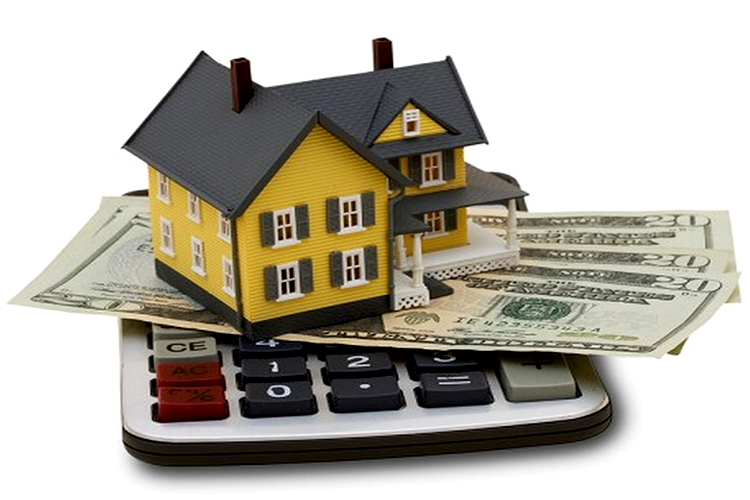Regulations on public property to be used in common at state agencies in Vietnam
What are the regulations on public property to be used in common at state agencies in Vietnam? - Thuy Phuong (Long An, Vietnam)

Regulations on public property to be used in common at state agencies in Vietnam (Internet image)
Regarding this issue, LawNet would like to answer as follows:
1. What is public property?
According to Clause 1, Article 3 of the Law on Management and use of public property 2017, public property is property under public ownership and managed by the State, including:
= Public property serving management, provision of public services, maintenance of national security for organizations and individuals;
= Infrastructural property serving national and public interests;
= Property established under public ownership;
= Public property of enterprise;
= Money in state budget, non-state budget financial funds, foreign exchange reserves;
= Land and other resources.
2. Regulations on public property to be used in common at state agencies in Vietnam
Regulations on public property to be used in common at state agencies in Vietnam according to Article 10 of Decree 151/2017/ND-CP are as follows:
- Public assets at state agencies that have not been used at full capacity for state agencies, units of the people's armed forces, public non-business units, agencies of the Communist Party of Vietnam, and socio-political organizations are available for common use to serve activities according to their assigned functions and tasks.
Commonly used public property includes:
+ Hall;
+ Cars, ships, boats, and other means of transport.
- Heads of state agencies assigned to manage and use public property specified at Points a and b, Clause 1, Article 10 of Decree 151/2017/ND-CP, deciding on the sharing of public property by other agencies, organizations, or units.
- The common use of public property is made in writing. The main contents of the written agreement include:
The party having the property for common use, the party having the common use of the property, the scope of the common use property, the purpose and term of the common use; the common use costs, rights and obligations of the parties in the process of the common use of the property.
Agencies, organizations, and units that are entitled to share public property have the following responsibilities:
+ Ensure proper use of properties, security, and safety; not transfer the right to use the common property to another agency, organization, or unit, or use it for other purposes;
+ Pay a public agency that has property for common use an expense for common use to offset the cost of electricity, water, gasoline, and labor; and other costs directly related to the management and operation of the assets during their common use, excluding depreciation (amortization) of fixed assets.
- Cost of common use of assets is determined on the basis of consumption norms and common use time of assets.
Payments for electricity, water, gasoline, service labor, and other related expenses are used from the authorized funding sources of agencies, organizations, and units that are entitled to share the property and accounted for in the operating expenses of the agency, organization, or unit.
State agencies that have property for common use shall have to issue money receipts to agencies, organizations, or units that are allowed to share the property.
Revenues from the common use of public property shall be used to cover expenses necessary to maintain the operation of the shared property; the rest (if any), state agencies whose properties are used for maintenance and repair of properties for common use or used to pay for operations of state agencies, are to have their corresponding budget expenditures reduced in accordance with the law on the state budget.
- Key word:
- public property in Vietnam
- Penalties for fraudulent activities on e-commerce platforms in Vietnam
- Guidance on issuing driver licenses for individuals with expired driver licenses in Vietnam
- Cases of verification of driver licenses in Vietnam according to Circular 35
- Proposal on night shift allowance policies and meal support for healthcare employees in Vietnam
- What is Pi Network? Is Pi Network legal in Vietnam?
- Proposal to lower health insurance contribution rates to alleviate economic burden on citizens in Vietnam
-

- What is public property? Regulations on publishing ...
- 12:10, 31/10/2022
-

- 07 types of public property under the law in Vietnam
- 09:05, 21/10/2022
-

- Regulations on the sale of public property of ...
- 14:12, 07/10/2022
-

- Guidelines for maintenance and renovation of villas ...
- 14:30, 21/02/2025
-

- Guidelines for maintenance and renovation of villas ...
- 14:30, 21/02/2025
-

- Procedures for high school admission in Vietnam
- 14:25, 21/02/2025
-

- Resolution 190: Principles for addressing certain ...
- 11:30, 21/02/2025
-

- Guidance on identifying cases of inaccurate or ...
- 11:00, 21/02/2025

 Article table of contents
Article table of contents
